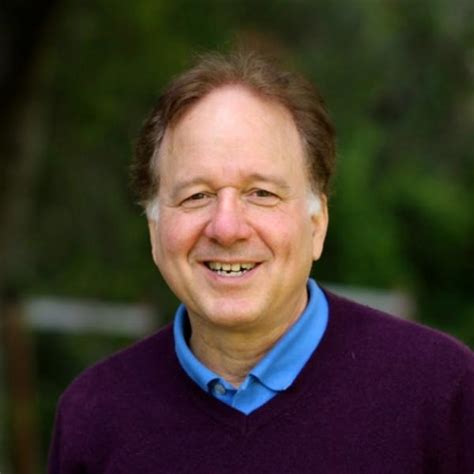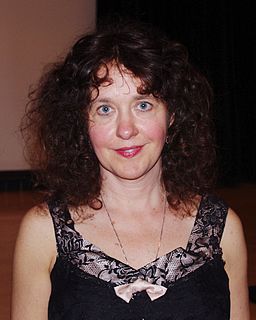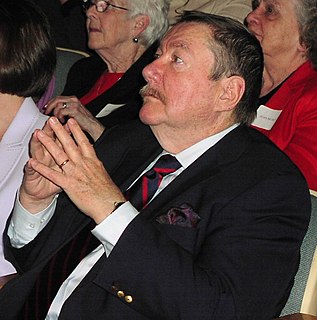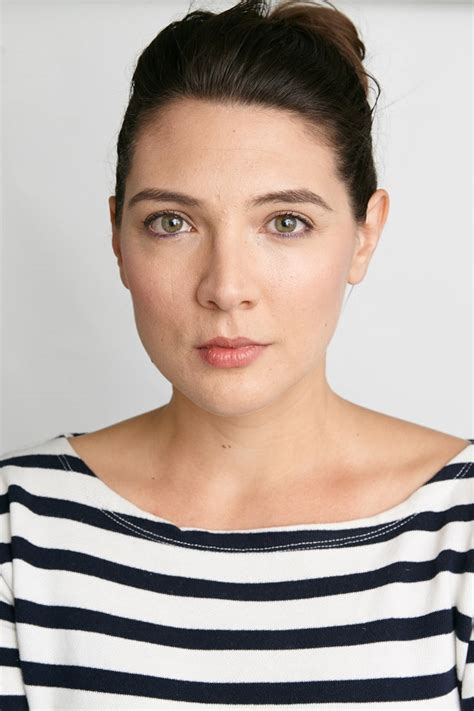A Quote by Stephen King
Bad writing is more than a matter of (expletive deleted) syntax and faulty observation; bad writing usually arises from a stubborn refusal to tell stories about what people actually do to face the fact, let us say, that murderers sometimes help old ladies cross the street.
Related Quotes
The difference between writing where you know where to draw the line and writing where you're being way too mean is whether you can tell that the writer is not talking to family or friends anymore. Generally, if you say something bad about somebody on stage, you need to say two bad things about yourself. A lot of times, I think I'm the worst person in the room.
When I'm actually writing by hand, I get more of a sense of the rhythm of sentences, of syntax. The switch to the computer is when I actually start thinking about lines. That's the workhorse part. At that point, I'm being more mathematical about putting the poem on the page and less intuitive about the rhythm of the syntax.
If you're talking about mugging little old ladies, you don't say, 'What's our target for the rate of mugging little old ladies?' You say, 'Mugging little old ladies is bad, and we're going to try to eliminate it.' You recognize you might not be a hundred percent successful, but your goal is to eliminate the mugging of little old ladies. And I think we need to eventually come around to looking at carbon dioxide emissions the same way.
What does it matter, if we tell the same old stories? ...Stories tell us who we are. What we’re capable of. When we go out looking for stories we are, I think, in many ways going in search of ourselves, trying to find understanding of our lives, and the people around us. Stories, and language tell us what’s important.
When I'm writing, I'm thinking, "Well, this might be a book that I'll always be happy with, and certainly readers will be happy with." But another part of me knows that when I'm past the stage of writing, the book is gonna have good things about it, bad things about it - probably more bad than good. I just know that. That's who I am.
Writing is really just a matter of writing a lot, writing consistently and having faith that you'll continue to get better and better. Sometimes, people think that if they don't display great talent and have some success right away, they won't succeed. But writing is about struggling through and learning and finding out what it is about writing itself that you really love.
It is a bit more challenging for the simple fact that now the stories I am writing are relying more on my imagination than on facts, more on research than on memory; so it is basically a slower writing process, more reading, more exploring. On the other hand, this approach is a little bit relieving too, since many times while writing [How the Soldieer Repairs the Gramophone] I felt too close and equal to my character.
We often compare the experience of writing a book to that of playing God. It is up to us, and only us, to determine what happens to the people we invent. It is for us alone to determine what is good and bad, just and unjust, appropriate and inappropriate for the worlds we create. I love that about writing books.



































